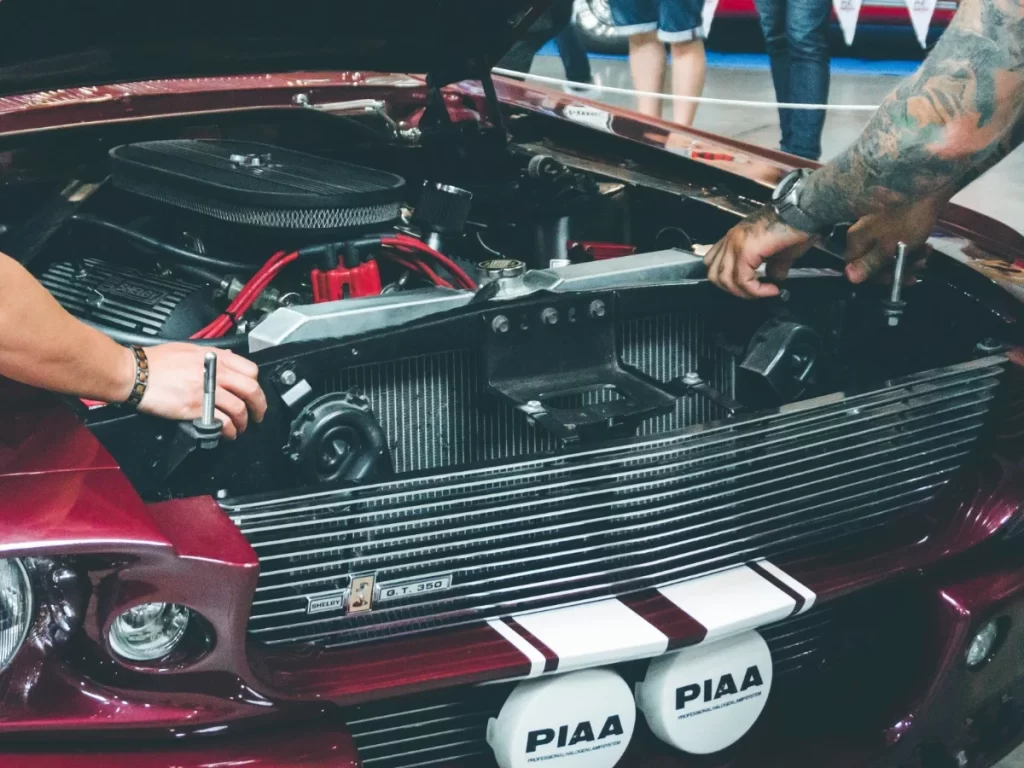Car radiators are a major source of heat and pressure in your engine. They are also at the front of your car and can be vulnerable to flying debris. If the cooling fins are bent or damaged, the heat can be trapped inside the radiator. Another common problem is leaking coolant. This problem can be easily detected since the antifreeze is bright and will be on the ground.
Regularly checking your car’s radiator will help you detect problems and ensure that it’s working properly. Using a radiator flush can also flush out any rust or accumulated dirt in your car’s radiator. You should also check the hoses, especially the ones that connect to the radiator, for signs of leakage. In addition, you should check the coolant gasket and the clamps on the radiator. It’s also essential to check the level of coolant in the radiator to prevent overheating in hot climates and freezing in cold climates.
A car radiator consists of a metal block that contains metal cooling fins that vent air. The coolant gets hot in the core, where it releases heat and cools. The liquid then travels through the cooling system. Once the coolant is cooled, a pressure cap seals the system and prevents overheating.
During the 1970s, car radiators began to undergo major changes. VW made the switch from air-cooled to water-cooled engines, and the major automakers began to make lighter cars and trucks. Aluminum is less dense than copper, but is still able to hold heat well. This has led to an increase in the use of aluminum in car radiators.
The main purpose of a car radiator is to disperse heat produced by the engine. Its design is shaped like an accordion bellows to provide a large surface area. When hot fluid travels into the radiator, the heat it holds inside the fluid escapes through the walls, leaving a cooler fluid that flows back to the engine.
Before removing the car radiator, you must first drain the coolant. Some car radiators have a drain pan at the bottom of the radiator, which can be easily accessed. You can also open the radiator cap. This will allow you to drain the coolant easily without causing a lot of splashing.
Clogged radiators can result in uneven cooling, which can lead to overheating. This can cause serious damage to your engine. If this is the case, you need to have your radiator repaired as soon as possible. In addition to replacing the radiator, you should also replace the hoses that connect it to the radiator.
 The Role of Biometrics in Car Security
The Role of Biometrics in Car Security  Innovative Technologies Revolutionizing Auto Repairs
Innovative Technologies Revolutionizing Auto Repairs  The Evolution of Auto Technology
The Evolution of Auto Technology 

